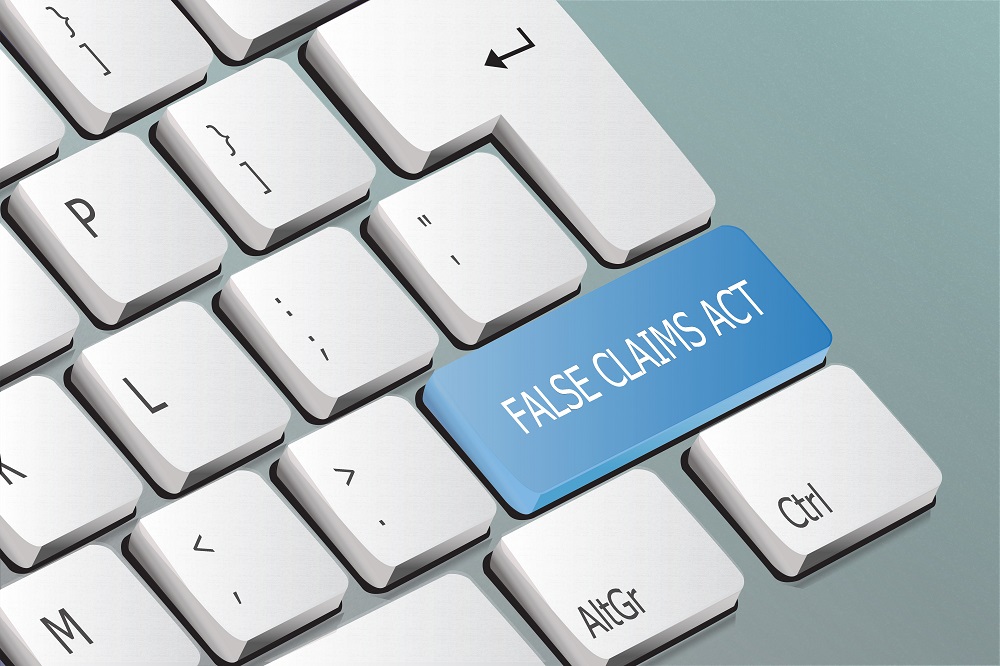The False Claims Act (FCA) is an important federal law created to combat fraud against the government by allowing individuals, known as whistleblowers, to sue on the government’s behalf. Created during the Civil War in 1863 to deter defense contractors from committing fraud, the FCA has become one of the most effective anti-fraud laws in the United States. The False Claims Act recovers billions of dollars every year via whistleblower-initiated actions, keeping taxpayer funds safe and discouraging fraud in various sectors like healthcare and defense.
Historical Background of the False Claims Act
The False Claims Act was enacted in 1863 to put a stop to rampant fraud being committed by defense contractors who were supplying the Union Army. This law gave private individuals the power to sue on the government’s behalf and receive a portion of the damages recovered. The FCA was strengthened by major amendments in 1986 that improved the monetary incentives for whistleblowers and better protected them against retaliation. These amendments also made the punishments for fraudulent activities more severe and expanded the scope of what constitutes a false claim. As a result, the FCA more effective, with dramatic increases in both the number of cases filed and the amounts recovered, cementing its place as an important tool in fighting government fraud.
Key Provisions of the False Claims Act
The False Claims Act defines false claims as fraudulent requests for payment or approval sent to the government. This includes knowingly showing false records or statements to get fraudulent claims approved or avoiding requirements to pay the government. The punishments for submitting false claims are severe, including treble damages (three times the government’s losses) and civil penalties for each false claim. Qui tam provisions are central to the FCA, which allow individuals, known as whistleblowers or relators, to sue on the government’s behalf. These provisions provide an incentive for whistleblowers in the form of a share of the funds recovered and legally protect them against retaliation.
The Qui Tam Provisions
The most important mechanisms of the False Claims Act, qui tam lawsuits let private individuals file suits on behalf of the government against entities committing fraud. Whistleblowers often incur significant personal and professional risk to identify and report fraudulent activities. The FCA gives these whistleblowers financial incentives, allowing them to receive some of the recovered funds, usually between 15% and 30% of the total recovery, depending on the specifics of the case and how involved the government was. Whistleblowers begin the process by filing a qui tam complaint under seal, allowing the government to confidentially investigate the reports. The government then decides if they should intervene and take over the prosecution or not, so the whistleblower can proceed independently. This mechanism both incentivizes fraud reporting and improves the government’s ability to recover money lost to fraudulent activities.
Recent Developments and Significant Cases
Recent developments in False Claims Act enforcement are marked by significant cases and settlements, mainly in the healthcare sector and emerging industries like cybersecurity. Some notable cases include large settlements with healthcare providers using fraudulent billing practices and FCA violations related to cybersecurity non-compliance. For instance, several healthcare fraud cases ended with multi-million dollar settlements, demonstrating the impact of the FCA.
Additionally, recent Supreme Court decisions sometimes clarify and other times challenge parts of the FCA, impacting lower courts’ interpretations of whistleblower provisions and government intervention. Trends in FCA enforcement show an increased focus on sectors like healthcare, where fraud is rampant, and on emerging sectors like cybersecurity, demonstrating the constantly evolving nature of fraud and the government’s priorities in fighting it.
The Role of Government Agencies
Enforcement of the False Claims Act is spearheaded by the Department of Justice (DOJ), which investigates fraud allegations and decides whether to intervene in qui tam lawsuits. The DOJ’s Civil Division prosecutes these cases and recovers funds on the government’s behalf. Other federal agencies like the Department of Health and Human Services (HHS) and the Securities and Exchange Commission (SEC) are also involved in FCA enforcement, particularly in cases related to healthcare fraud and securities violations. These agencies work with the DOJ to ensure oversight and enforcement, using their special knowledge and regulatory authority to fight fraud effectively.
The Impact of the False Claims Act
The False Claims Act has a significant impact on financials, broader fraud prevention and corporate compliance efforts. Financially, the FCA recovers billions of dollars annually from fraudulent activities, with whistleblowers’ reports being responsible for most of these recoveries. These financial recoveries return taxpayer money and provide a powerful deterrent against fraud. The FCA also has broader implications for fraud prevention, encouraging employees to report misconduct and keeping organizations transparent and accountable. The act’s strict penalties and the high-profile nature of many FCA cases highlight the need for corporate compliance programs to detect and prevent fraud. As a result, the FCA deters fraudulent activities across various industries, from healthcare to finance, ensuring that businesses stay ethical and adhering to legal requirements.
The Impact of the False Claims Act
The False Claims Act enabled significant financial recoveries, totaling billions of dollars to the federal government every year, all due to whistleblowers’ contributions. These recoveries both restore taxpayer funds and deter further fraud. The broader implications of the FCA in preventing fraud and keeping corporations in compliance are dramatic, as the looming threat of massive penalties and high-profile lawsuits gives organizations the need to implement strong compliance programs to proactively detect and prevent fraud. The FCA deters fraud across various industries, including healthcare, defense, and finance by ensuring transparency and accountability. This comprehensive framework helps keep corporate operations and public funds honest.
Challenges and Criticisms
The False Claims Act experiences legal and practical challenges in its enforcement, such as how complex the litigation can be, the burden of proof to establish fraud, as well as the potential length and cost of the court processes. Some critics say the FCA’s provisions can be misused, leading to senseless lawsuits and unnecessary burdens on businesses. Others defend the FCA as an important tool for discovering fraud and protecting taxpayer money. Legal endeavors and proposals for reform try to address these criticisms by clarifying the scope and application of the FCA, striking a balance between strong fraud deterrents and protections against misuse. These reforms enhance the FCA’s effectiveness while ensuring fairness and preventing enforcement abuse.
Importance of the False Claims Act
The False Claims Act stands as an important weapon for fighting fraud against the government, recovering dramatic amounts of money, and keeping government contracts and healthcare spending honest. However, continued vigilance and strong enforcement are needed to face the constant threats of fraud and abuse. The FCA’s future appears promising with legislative and judicial developments strengthening whistleblower protections and the Act’s reach so it can better safeguard public funds and promote accountability in sectors vulnerable to fraudulent practices.




